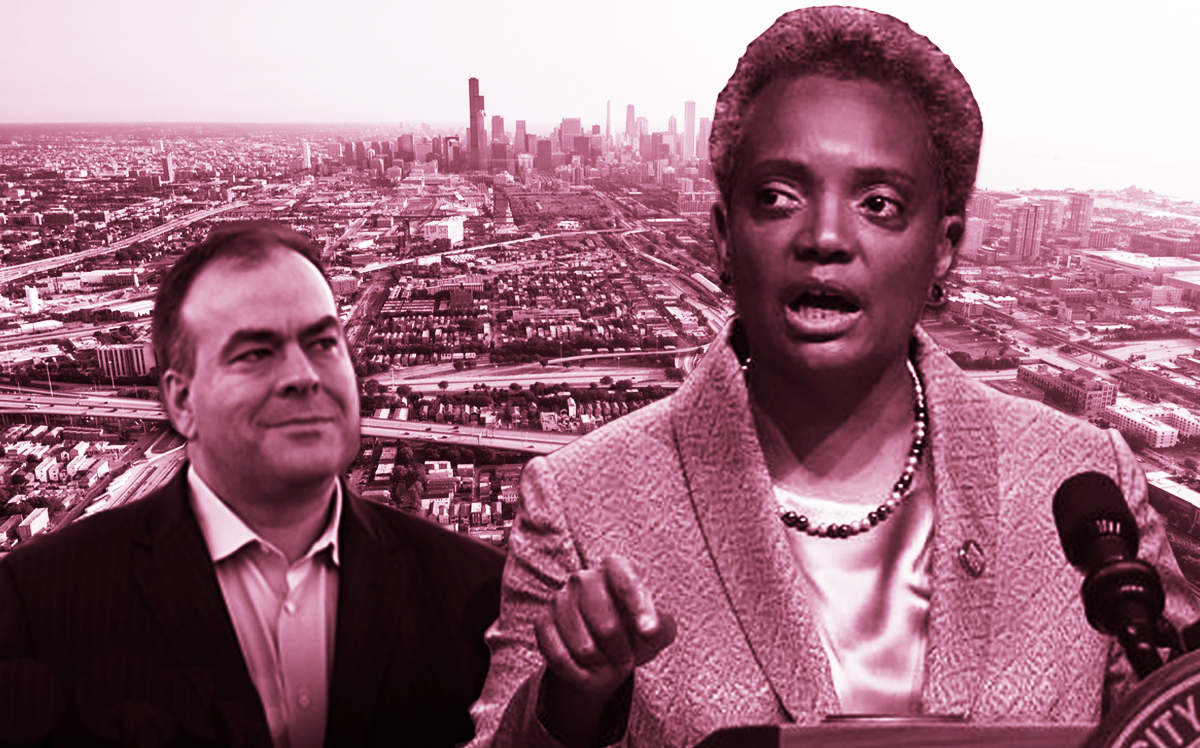For commercial and residential property owners in Chicago, reality has hit hard. Additional property tax hikes could be on the horizon if structural changes are not made to the city’s pension system.
That was the word from Mayor Lori Lightfoot in her State of the City address on Thursday.
The city is facing an $838 million budget shortfall next year, and more than $500 million in pension costs alone over the next three years, she said.
“I want to avoid that measure as much as possible, but if we don’t get the structural changes that our pensions need…we will be presented with very hard and limited options,” the mayor said, according to a transcript of the speech she delivered.
“As your mayor, I cannot in good faith promise you that I will take any option off the table to tackle this crisis, whether it’s through budget reductions or by raising revenue,” she said.
The real estate industry is already grappling with higher property taxes as a result of new Cook County assessor Fritz Kaegi, who reassessed the city’s north suburban properties at higher rates.
In her speech, Lightfoot called for solidarity — and budget relief — from the state and proposed a number of alternative taxes, including funneling revenue from new casinos into pension funds, though she acknowledged a recent study that showed flaws in the plan.
In July, the mayor said Chicago’s first casino could still get built Downtown, though the city is also looking at five potential sites on the South and West sides.
During Thursday’s speech, Lightfoot also said she already avoided a “historically large property tax increase.” The mayor ran on a platform favoring a graduated real estate transfer tax. Last month, Lightfoot said she would consider raising property transfer taxes on homes over $1 million.
